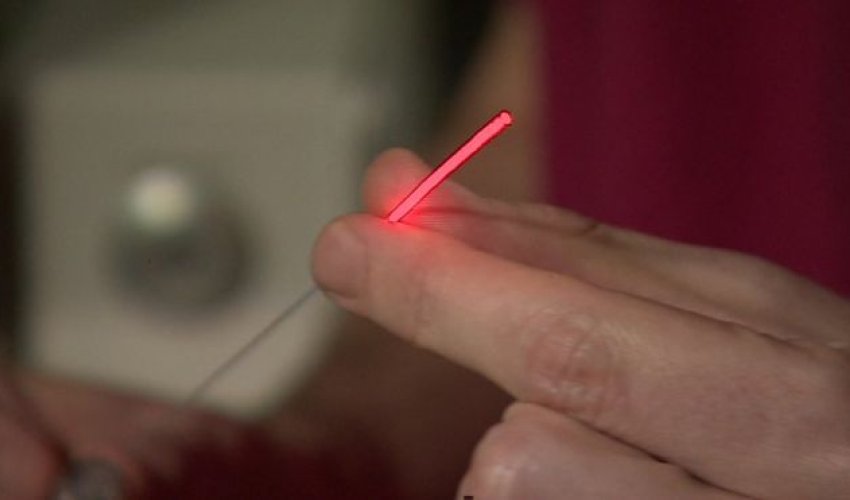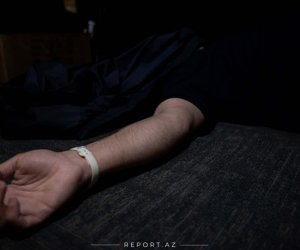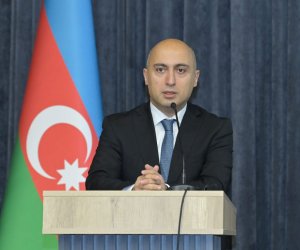Prostate cancer laser treatment 'truly transformative'

Surgeons have described a new treatment for early stage prostate cancer as "truly transformative".
The approach, tested across Europe, uses lasers and a drug made from deep sea bacteria to eliminate tumours, but without causing severe side effects.
Trials on 413 men - published in The Lancet Oncology - showed nearly half of them had no remaining trace of cancer.
Lifelong impotence and incontinence are often the price of treating prostate cancer with surgery or radiotherapy.
Up to nine-in-10 patients develop erectile problems and up to a fifth struggle to control their bladders.
That is why many men with an an early stage tumour choose to "wait and see" and have treatment only when it starts growing aggressively.
"This changes everything," said Prof Mark Emberton, who tried out the technique at University College London.
Triggered to kill
The new treatment uses a drug, made from bacteria that live in the almost total darkness of the seafloor and which become toxic only when exposed to light.
Ten fibre optic lasers are inserted through the perineum - the gap between the anus and the testes - and into the cancerous prostate gland.
When the red laser is switched on, it activates the drug to kill the cancer and leaves the healthy prostate behind.
The trial - at 47 hospitals across Europe - showed 49% of patients went into complete remission.
And during the follow-up, only 6% of patients needed to have the prostate removed, compared with 30% of patients that did not have the new therapy.
Crucially, the impact on sexual activity and urination lasted no more than three months.
No men had significant side effects after two years.
Gerald Capon, 68 and from West Sussex, told the BBC: "I'm totally cured and free of the cancer.
"I feel incredibly lucky that I was accepted for the trial... I feel that my life ahead is worry free."
He was out of hospital the day after the treatment.
The trial - at 47 hospitals across Europe - showed 49% of patients went into complete remission.
And during the follow-up, only 6% of patients needed to have the prostate removed, compared with 30% of patients that did not have the new therapy.
Crucially, the impact on sexual activity and urination lasted no more than three months.
No men had significant side effects after two years.
Gerald Capon, 68 and from West Sussex, told the BBC: "I'm totally cured and free of the cancer.
"I feel incredibly lucky that I was accepted for the trial... I feel that my life ahead is worry free."
He was out of hospital the day after the treatment.
(BBC)
www.ann.az
Latest news 
More news 



































 Photo
Photo 



 Video
Video 

